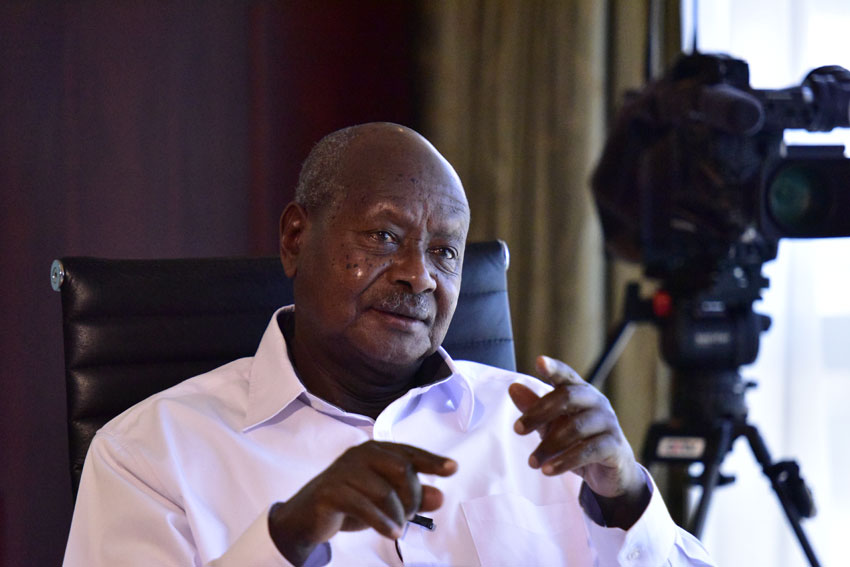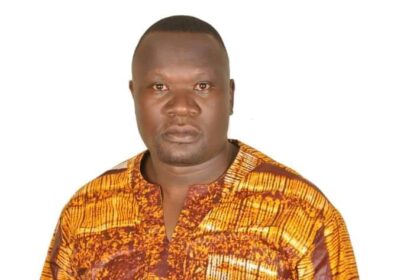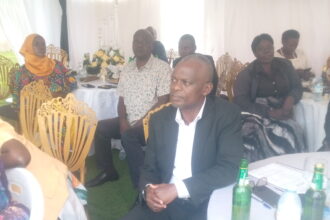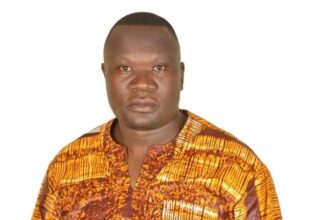President Yoweri Museveni has opened a new window to work with MPs after he accused them of being morally bankrupt by allocating themselves Shs10bn to help in the fight against Covid19 disease.
In a Coronavirus address delivered on April 28 at State House Nakasero in Kampala, Museveni vowed to punish MPs if they do not send the Shs20m each of them received to the district Covid19 taskforces for better planning.
“If the MPs have spent the Shs20m wrongly, they will pay back using their salary. If they have spent the money on themselves, it’s a terrible thing,” said Museveni. “That Shs20m is bad planning because we had already planned in a certain way. It is morally reprehensible for MPs to give themselves money for personal use when the country is in such a crisis; and totally unacceptable to me and to the NRM.”
However, Museveni’s remarks on the matter were greeted with anger from MPs who accused him of using them and wanting to dump them months before an election. Some from the NRM such as Burahya County MP and NRM Parliamentary Caucus Publicity Secretary Margaret Muhanga said “Museveni was ill-advised” because “he over demonized us and I even couldn’t believe it.”
Speaker Rebecca Kadaga went ahead and promised to expose the rot in the expenditure of some of the money included in the Shs304bn supplementary budget for Covid19 activities. She told the media to investigate the money allocated to the Office of the Prime Minister (OPM) claiming that some of it had been used to buy rotten beans and expired milk. The MPs even demanded an apology from the head of state.
It has now emerged that as one of the ways to reconcile with the lawmakers after a week of condemnation of his statements on the controversial Covid19 allocation, on May 05, Museveni revealed that he had held a “meeting with a select committee of Members of NRM Parliamentary caucus” at State House Entebbe. Those in attendance included Government Chief Whip Ruth Nankabirwa and Kiboga Woman MP, Budget Committee Chairperson and Ntenjeru North MP Amos Lugolobi, Finance Committee Chairperson and Rubanda East MP Henry Musasizi, Namutumba Woman MP Mariam Naigaga and PWDs representative in Parliament Sofia Nalule.
After the meeting, Museveni said he and the NRM MPs had “agreed to form a constituency Covid19 task force across the country for MPs to channel their support to their constituents. This is to avert pressure from individual leaders.”
But some analysts argue that the move by Museveni could further complicate his relationship with Speaker Kadaga. On May 05, Kadaga told MPs to spend the controversial Shs20m each of them was given according to rules issued by the Parliamentary Commission, and ignore those issued by the President and the Judiciary, or any other person or body.
Apart from making the fight between Parliament and State House worse, other observers have claimed that Museveni could be planning to make MPs look like institutions before their constituents who would then demand for more than Museveni and Parliament would give them to support constituency interventions during and after the Covid19 crisis.
Institutionalizing the position of a Member of Parliament would require enabling laws that would put in place enough budgets, office space and staff to handle constituency work and leave the people’s representatives to concentrate on their political roles as head of constituencies and other duties required of them as MPs.
Once Museveni manages to create constituency taskforces and convinces Parliament to allocate them a supplementary budget, it will be difficult for them to explain to their constituents that they cannot help after Covid19. Some of them will have to use their own savings during and after Covid19 in case the money given to them is not enough or risk losing out on being elected again as MPs in the parliamentary elections that will happen in early 2021.
Some of the MPs have previously complained that they have a lot of responsibilities such as paying school fees for tens (even hundreds in some cases) of children of the vulnerable poor, contributing to wedding and funeral expenses and development fundraising drives. Once they agree to the formation of constituency taskforces, their constituents will demand more, and this will simply be another trap which is either intended or accidental.
Do you have a story in your community or an opinion to share with us: Email us at Submit an Article








